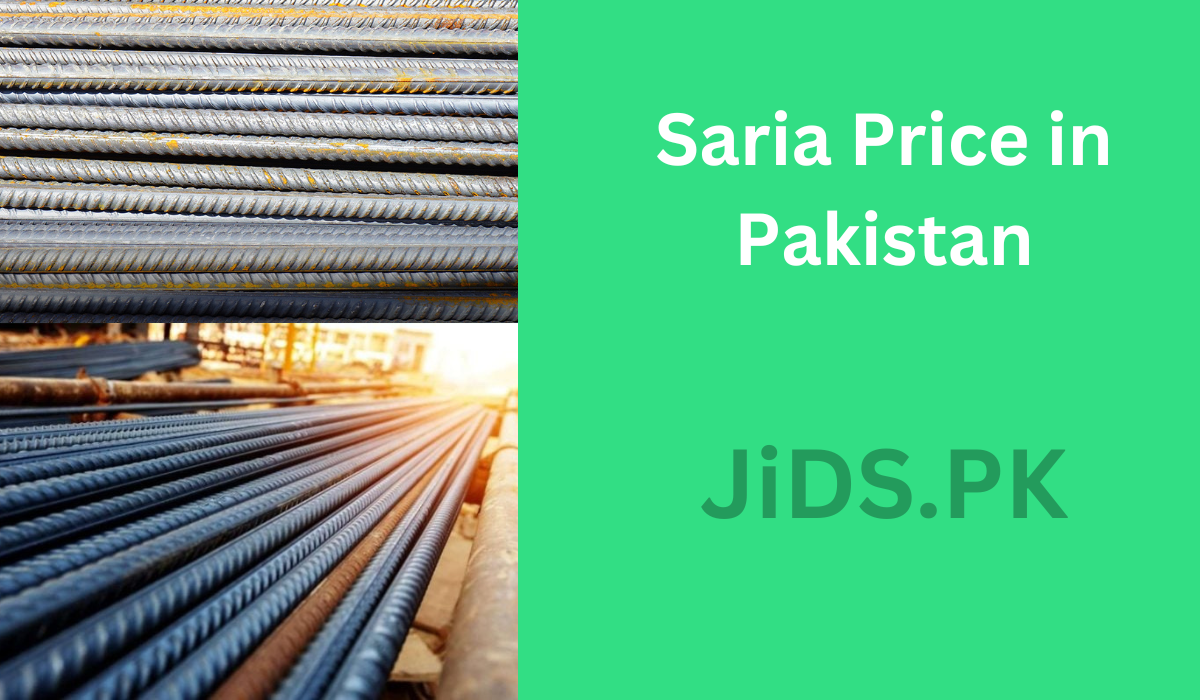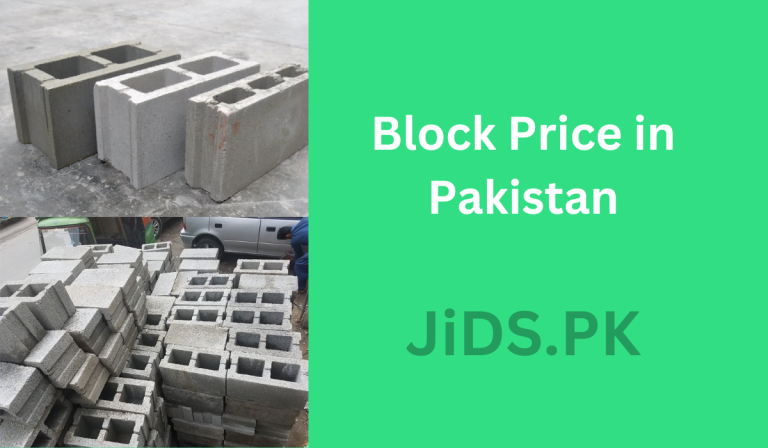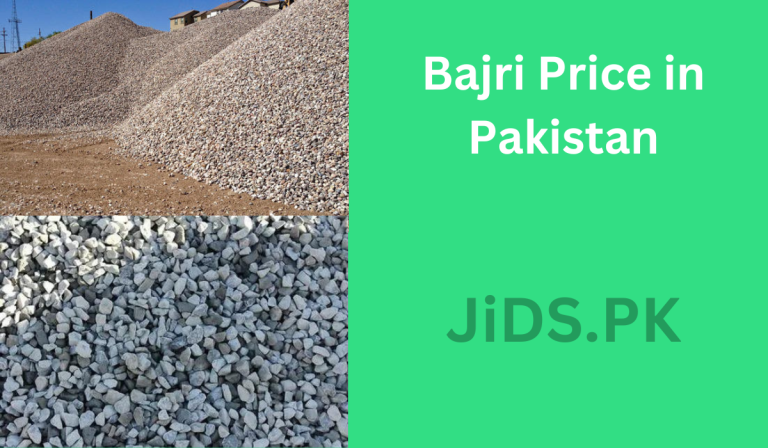Saria Price in Pakistan
Iron saria, also known as rebar or strengthened steel, is a basic component in the construction industry that provides necessary structural support to buildings and infrastructure projects. Understanding the current saria rates and the factors affecting them is crucial for both consumers and businesses involved in construction.
Current Saria Rates in Pakistan

| Brand Name | 40 Grade Rate in KG | 40 Grade Rate in Metric Ton | 60 Grade Rate in KG | 60 Grade Rate in Metric Ton |
|---|---|---|---|---|
| Five Star Steel | RS. 258 | RS. 258,000 | RS. 260 | RS. 260,000 |
| Amreli Steels | RS. 259 | RS. 259,000 | RS. 261 | RS. 261,000 |
| Mughal Steel | RS. 259 | RS. 259,000 | RS. 261 | RS. 261,000 |
| Agha Steel | RS. 260 | RS. 260,000 | RS. 262 | RS. 262,000 |
| AF Steel | RS. 259 | RS. 259,000 | RS. 261 | RS. 261,000 |
| Moiz Steel | RS. 255 | RS. 255,000 | RS. 257 | RS. 257,000 |
| Union Steel | RS. 255 | RS. 255,000 | RS. 257 | RS. 257,000 |
| Naveena Steel | RS. 254 | RS. 254,000 | RS. 256 | RS. 256,000 |
As of August 2024, saria prices in Pakistan are based on many factors, including grade, size (measured in “sutar”), and brand. The most common grades are 40-grade and 60-grade, with 60-grade being slightly stronger and more expensive.
Prices can also fluctuate based on the supplier, location, and current market conditions. It’s always advisable to get quotes from multiple vendors to ensure you’re getting the best possible deal. Online platforms like Jids.pk can be useful for comparing saria prices from different sellers.
Also Check: Steel Rate Today
Factors Affecting Saria Prices
Several factors contribute to the fluctuations in iron saria prices in Pakistan:
- International Steel Prices: Global steel prices directly impact the cost of raw materials for saria production in Pakistan. Changes in international markets can lead to fluctuations in local saria rates.
- Currency Exchange Rates: Since a significant portion of raw materials for steel production is imported, fluctuations in the Pakistani Rupee (PKR) against major currencies like the US Dollar can affect saria prices.
- Domestic Demand and Supply: Increased construction activity typically leads to higher demand for saria, putting upward pressure on prices. Conversely, a slowdown in construction can lead to lower demand and price stabilization.
- Energy Costs: The steel manufacturing process is energy-intensive. Fluctuations in electricity and gas prices can impact production costs, which are often passed on to consumers.
- Government Policies and Taxes: Government regulations, taxes, and import duties on steel and raw materials can also influence saria prices.
Tips for Purchasing Saria
- Compare Prices: Get quotes from multiple suppliers to ensure you’re getting the best deal.
- Buy in Bulk: If you need a large quantity of saria, consider buying in bulk to potentially negotiate discounts.
- Check Quality: Ensure the saria you purchase meets the required quality standards (e.g., PS 1875-2006).
- Negotiate: Don’t hesitate to negotiate with suppliers, especially for larger orders.
Conclusion
By staying informed and adopting the ability for purchasing strategies, you can ensure you’re getting the best value for your investment in this necessary construction material.
Also check: Cement Prices in Pakistan






